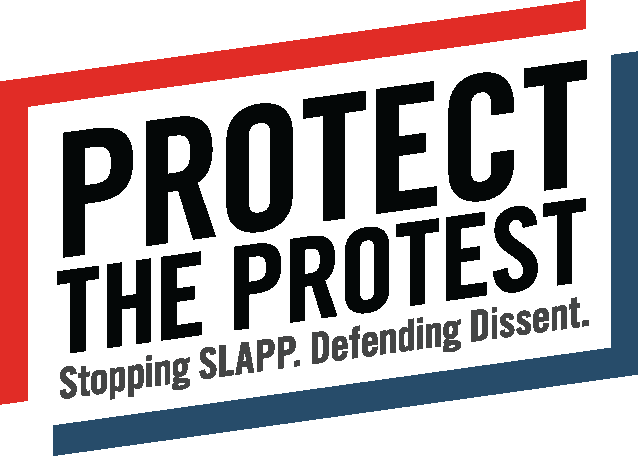Activists Defeat SLAPP Brought By Company With White Supremacist Ties
On November 30, 2018, San Francisco's Superior Court issued an order granting anonymous antifascists’ motion to quash a subpoena that sought to uncover the identities of the antifascists.Civil Liberties Defense Center attorney Cooper Brinson urged the court to uphold the First Amendment rights of the antifascists to engage in anonymous political speech at a hearing held last month on the motion to quash a subpoena served upon webhost Weebly, Inc. The court agreed and quashed the subpoena.In November 2017, antifascists published an article exposing the neo-Nazi/white-supremacist ties of former Eugene-resident, Bethany Sherman and her domestic partner, Matthew Combs. Sherman was the CEO of Oregon cannabis testing company, OG Analytical. Combs worked at OG Analytical and had a small ownership stake in the company. After the article was published, OG Analytical was subject to a boycott by the Oregon Cannabis industry and Oregon cannabis consumers.Nearly a year later, Sherman and OG Analytical filed a defamation lawsuit in San Francisco against the anonymous authors. After filing suit, Sherman’s lawyer, William Johnson, chairperson of the racist “American Freedom Party” and proponent of a constitutional amendment that would restrict citizenship in the U.S. to only white people, subpoenaed Weebly, Inc., the company that hosted the website where the article was originally published in an attempt to unmask the identities of not only the authors of the article, but also those who have used or visited the website.The Civil Liberties Defense Center and the First Amendment Project - members of the Protect the Protest task force - immediately filed a motion to quash the subpoena. At oral argument on the motion, Brinson outlined the various tweets, “likes,” and other activity cited by the antifascists that indicated Sherman and Combs were deeply embedded in neo-Nazi/white-supremacist ideology and organizations.In granting the motion to quash, the Court wrote that the authors of the article identified Ms. Sherman’s Twitter account as “Mrs. Blackhat, using the handle @14th_word. The handle…is a likely reference to the 14 Words, which is a well-known white supremacist slogan. The website noted that the Twitter user known as Mrs. Blackhat likes tweets of white men using the Nazi salute and a quote from the American Nazi Party accompanied by pictures of the Nazi swastika. Mrs. Blackhat retweeted other information related to the ‘dream of a White homeland.’”The Court also noted that the declaration submitted by plaintiffs was insufficient to meet the burden showing falsity: “[C]arefully worded phrases and noticeable omissions appear in other parts of [Sherman’s] declaration. For instance, instead of flatly denying that she believes in a ‘Jewish conspiracy,’ she only declares that she has “never stated that [she] believe[s] in a ‘Jewish conspiracy.’” Plaintiff’s evidence needed to refute this is not just that she never uttered those exact words, but that she does not believe it. Plaintiff has failed to provide this evidence or address this point directly.”“This ruling is an important affirmation that anonymous political speakers must be protected especially when they seek to draw attention to violent fascist, racist, and Nazi-sympathizers who threaten communities,” said Cooper Brinson, attorney for the John/Jane Doe antifascists.
